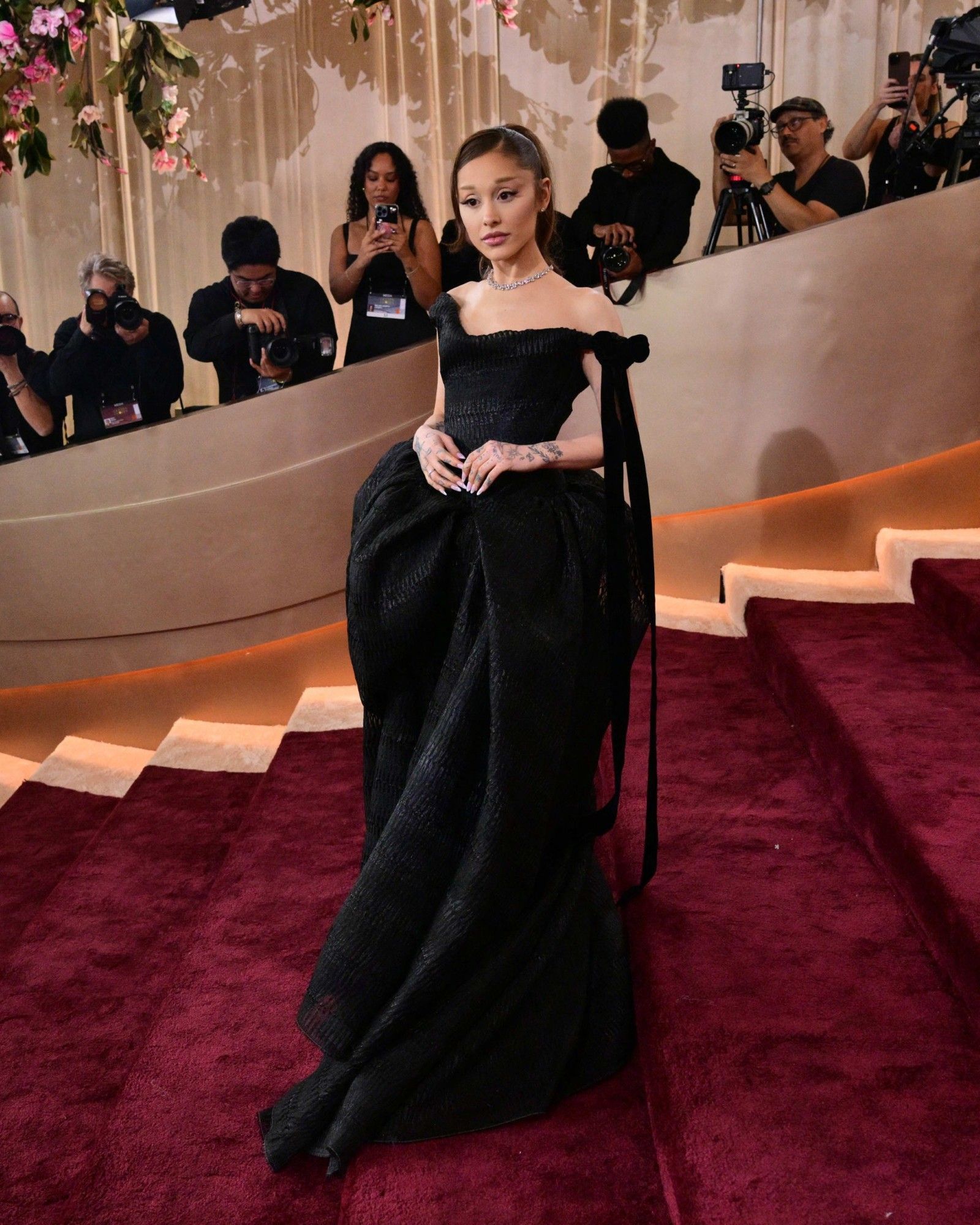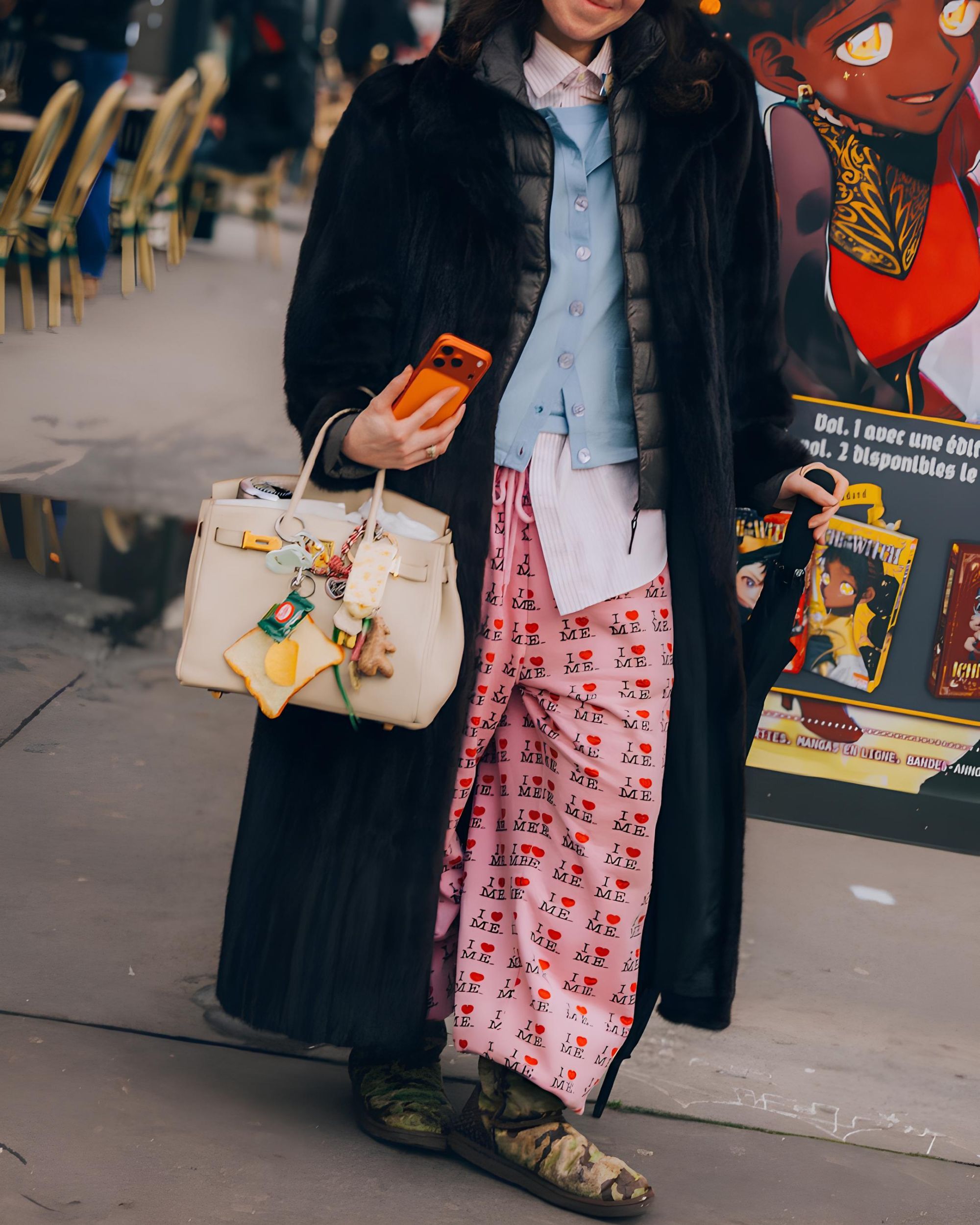
Are TikTok users rebelling against the algorithm? The creators who respond to social alienation in surrealist strokes
Within the realm of countless TikTok hashtags that represent anything from budding movements to well-established trends, two stand-out of the mix. Whether you’ve heard of them or not, #nichetok and #corecore are two ways in which the social media generation has been expressing its reaction to the schizophrenic feeling that accompanies social media addiction. They play on the -core and -tok suffix, carving it into a collective consciousness of all “cores”. Often hard to communicate, feelings such as over-stimulation, desensitizing, alienation, conspiracy and solitude are what many perceptive users experience in response to an overwhelming amount of information and ideas, which are all restlessly vying for a piece of each users’ identities as they use the app. Interestingly, this trend, if we can call it so, somewhat surpasses the algorithm. Creating reactionary and self-aware content on a media-saturated platform such as TikTok by taking agency over the feed detaches users from the action of engaging with it, yet they are still contributing to it in a sort of revolutionary way. Dean Erfani, a creator of corecore videos, describes the subgenre’s mission as «essentially the abstract concept of taking random videos, and editing them together to the point that it makes sense to the viewer. Or at least have the viewer interpret it in their own way».
Put simply, #corecore or #nichetok are terms that can be used interchangeably, and it can be boiled down to an editing style: an emotional collage composed of found pieces of media played at a fast-paced speed, usually edited with quick cuts, paired with memes and usually sad and thought-provoking or internet-adored music. The videos are often very convoluted and borderline absurd, but they are meant to illustrate what you’d find while doomscrolling on many users’ feeds. It takes the TikTok feed to a meta level, detaching the user from the action of scrolling by showing the sped up and faced past nature of the effortless action, along with the unnatural and disconnected feeling aware viewers experience while/after scrolling TikTok all day long. However, the undertones to these videos serve to explain why these schizophrenic feelings are occurring in users, through topics such as environmental degradation, industrialization, hyper-normalization, capitalist realism, women’s rights, conspiracy, child worker abuse, and even user-generated content from ad companies to name a few.
@canyousee.reallysee niche debut i hope i did well #corecore #nichetok #niche #foryoupage original sound -
Anti-capitalist undertones are prevalent because the backbone of social media stands around selling user information to ad companies, so naturally many users understand this and still use these apps. Conspiracy, however, also plays a very important role, considering that one of the most commonly cited pieces of current media is the official Jeffrey Epstein narrative, which to many people is unbelievable and incredulous, yet they have to live knowing that nothing will ever be done about it and that scandals can and will be covered up. Therefore, when it comes to other political events, it makes sense that younger generations have developed such public sentiment of mistrust, casting public uncertainty on governmental and intelligence agency disclosures when many of these political leaders and public figures were/are involved in these very same scandalous affairs - the case of Eva Kaili being the most recent. A user on YouTube theorized that the recent Balenciaga scandal could have been a botched attempt at playing with these themes as one person on set who understood that mobilizing conspiracy is an existing aesthetic could have attempted to play with this by purposefully making the campaign subversive and edgy. However, given the backlash and PR work that needed to be carried out by Balenciaga, it is unclear whether this could possibly work or if it isn’t a theme that can effectively be utilized by a brand.
The manifesto of ‘anti-algorithm’ or ‘anti-trend’ content is to represent the feeling of awareness of one’s social media use and the associated feeling of guilt born from over-stimulation by information, over-exposure to information, and their consequences on the psyche. Maybe #corecore and #nichetok serve as a warning of what is to come for social media users, for a desire for something new expressed through irony and hopelessness because of a torrent of music microgenres, trends, and aesthetics that appear and disappear faster than we can blink. Is there an inherent flaw in the way TikTok is constructed? The question of what effects using the app may have over the long term remains burning - not excluding those who speak of actual brainwashing. We will only find out the truth as we live.















































